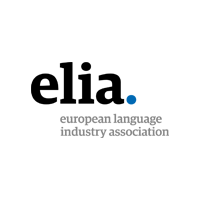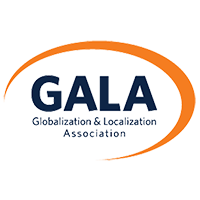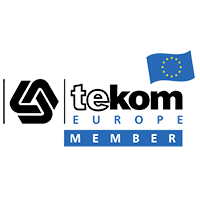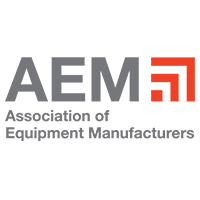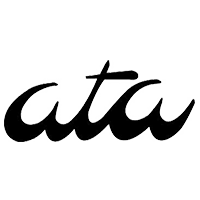The OKAPI Framework at LocWorld Seattle
After carrying out two successful events this year, one in Tokyo and one in Warsaw, the next LocWorld event is just around the corner, this time in Seattle, WA from October 17 -19, 2018. After an interesting event in Warsaw, we are happy that Argos will have a presence at the latest event, as our Vice President of R&D, Yves Savourel is not only attending, but will also be presenting at one of the sessions.
We are already really curious about Yves‘ presentation and couldn‘t help asking him about it ahead of time:
You are going to present your project the “OKAPI Framework” – could you tell us what this project is about?
The Okapi Framework is an open-source, cross-platform and free set of libraries, components and applications that can help in the many tasks you often have to do when localizing applications or documentation. For example: filters to extract translatable text and merge back the translation, components to perform word-counts, search and replace, encoding conversion, comparison between various types of files, do segmentation, align segments, leverage translation from translation memories, get machine translation candidates, build translation packages, and many other utilities.
The power of the framework lies in the design of the framework: Components of the same type have a common interface, and the framework offers ways to chain the different steps, so you can easily build very complex sequences of automated actions tailored to your specific needs. For instance, you can develop a workflow to run a continuous localization process along with a continuous build environment.
The framework also offers low-level libraries you can use directly in your own code, as well as ready-to-use tools you can run out-of-the-box.
What can the attendees expect at your presentation?
The session “The Okapi Framework in Action” (Friday Oct-19 at 9 am) is about showing how the framework can be used in a concrete production environment. We will have a brief overview of the framework, what types of components it includes, and how they can be made to work with different products.
There will be concrete examples of some of the Okapi components being integrated with production systems. We will have three different examples, from three different localization providers. Among other things, we’ll show how to use filters, how to plug different MT connectors to a workflow, and how to call the Java-based components of the framework from a .NET/C# system.
What are the key takeaways from your presentation going to be?
- A better understanding of the basics of the Okapi Framework.
- A more concrete understanding of how its components can be organized together and integrated into other environments.
- A better understanding of the benefits of taking advantage of open-source technologies when developing localization solutions.
A big thanks to Yves for these interesting insights – we can‘t wait for the presentation! Don‘t miss the chance to see him there! If you are interested in meeting up with Yves, please contact him via e-mail.
